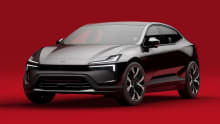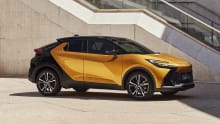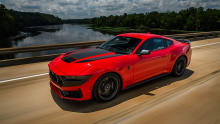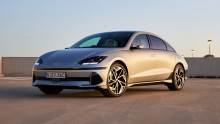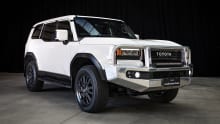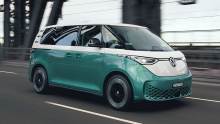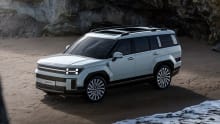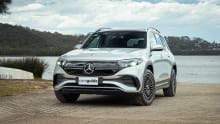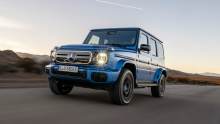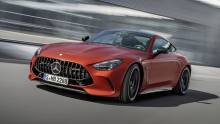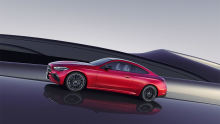- My Shortlist
-
Sign up / Sign in
Welcome back!
Sign up / Sign in
- New to Carsguide? Sign up
- Welcome back! Sign in
- My Shortlist
- Edit Profile
- Help
- Logout
- buy + sell
-
reviews
Reviews
-
All reviews
Browse over 9,000 car reviews
-
Compare cars
We make it easy to compare design, practicality, value and more
-
Used cars
Buying used? Here's what to look out for and buy smart
-
Owner reviews
Your thoughts could drive you to more than just your next destination 🚗💬
-
Buying guides
Our experts pick the top models
-
All reviews
-
news
News
- Latest news
What's happening in the automotive world
- Podcast
Get to know the personalities behind the team every week
- Motor shows
The stars of the latest big events
- Concept cars
The most interesting hints of what's to come
- Recalls
What's been recalled and why. Are you affected?
- Technology
The latest and future car tech from around the world
- Latest news
-
advice
Advice
- All advice
We're here to help you with any car issues
- Family
Looking for tips on how to carry or travel with your family?
- Adventure
How To, off-road tips and adventure travel destinations
- Tradies
Not just utes. Detailed advice for you - the tradie - on what car is right for you and your job
- Ask the Guide
Looking for an answer? Our automotive experts are here to help
- Is it illegal?
If you're wondering, we've probably got the answer
- Towing Capacity
Unsure of your car's maximum towing capacity? We've listed all relevant models here.
- Tyre pressure
Wondering how much air to put in your tyres? Our database has the answer
- Safety
Everything you need to know to keep you and your family as safe as possible
- Finance
Helpful advice before you finance your next car
- Insurance
Tips for getting the right insurance and how to make a claim
- Car dimensions
Everything you need to know when sizing up your new car
- All advice
- pricing + specs
- guides
- spotlight





